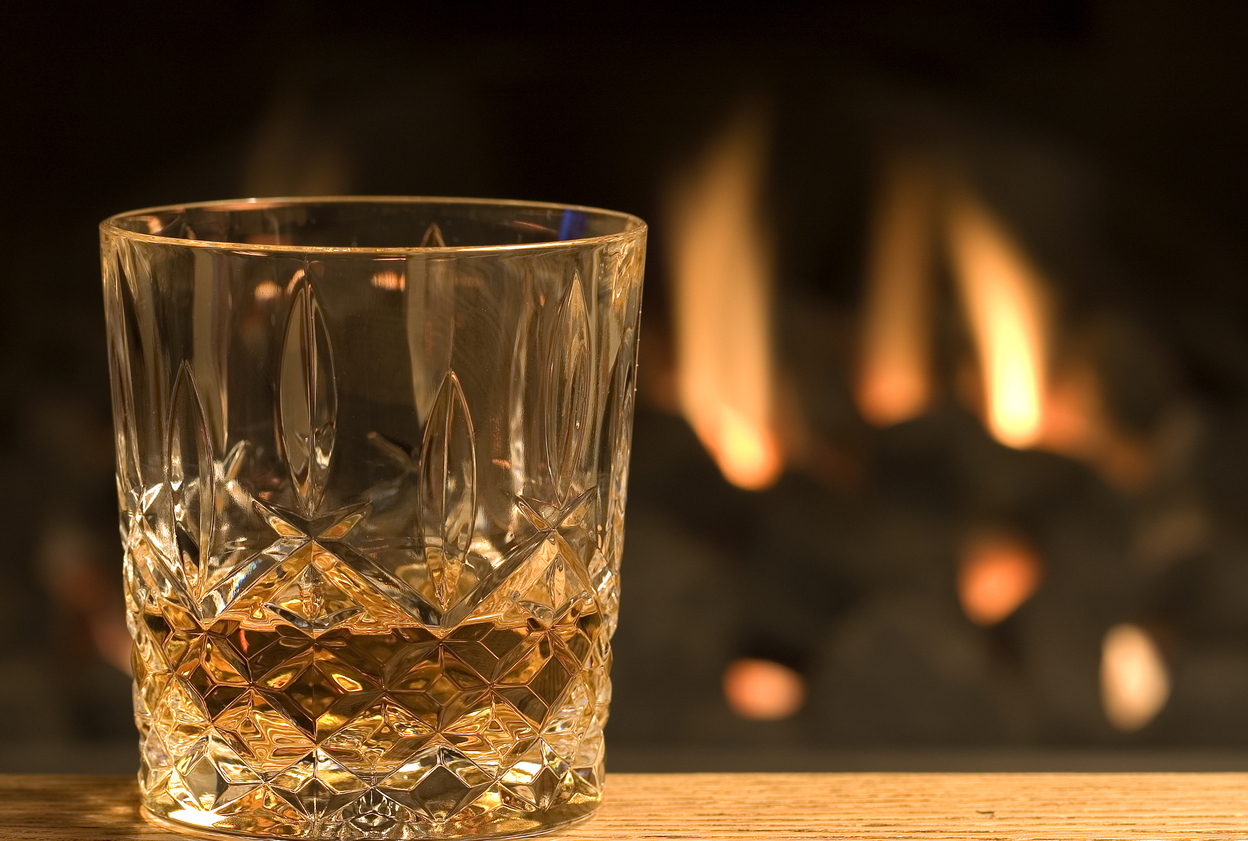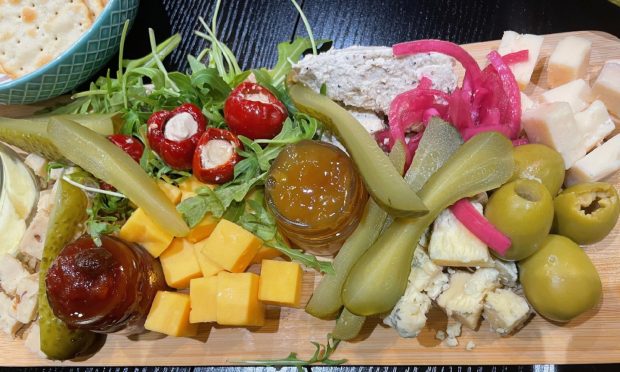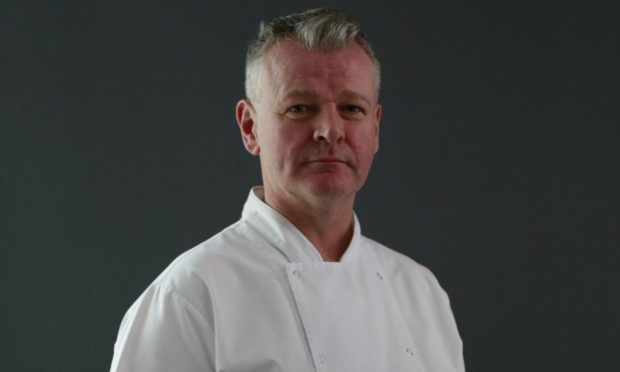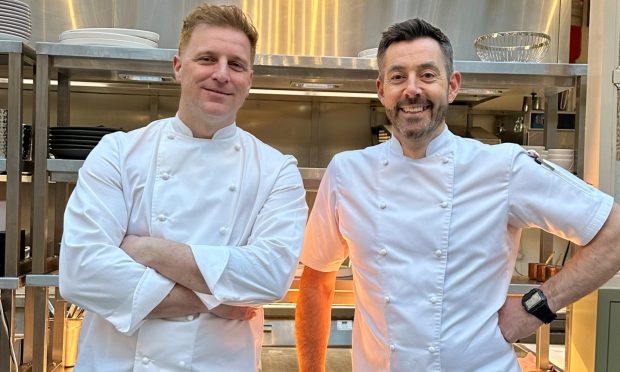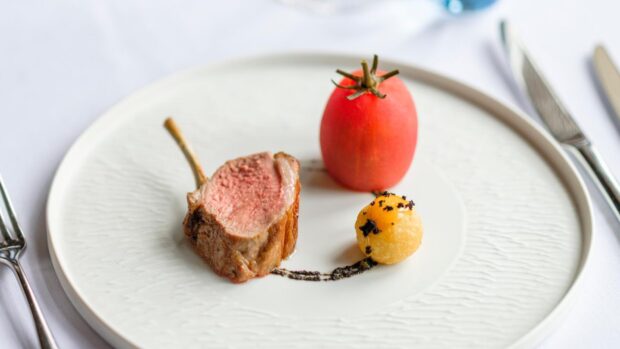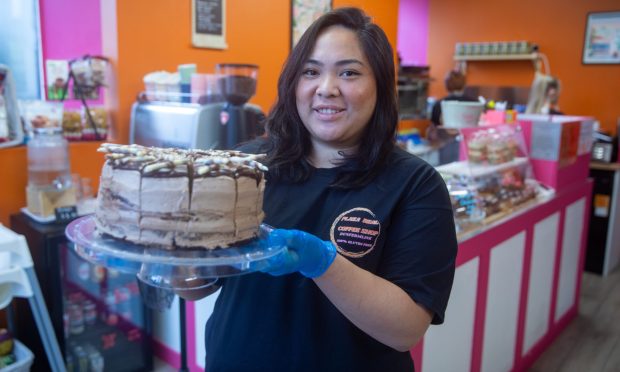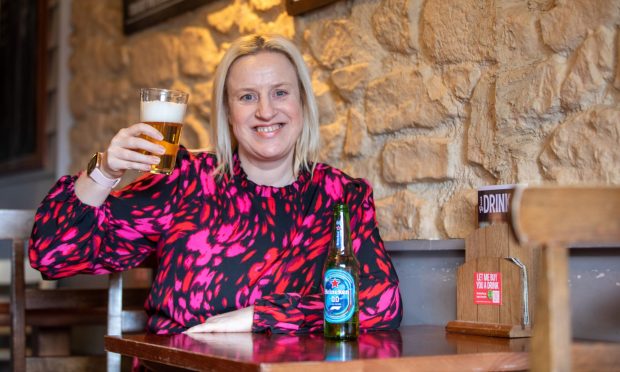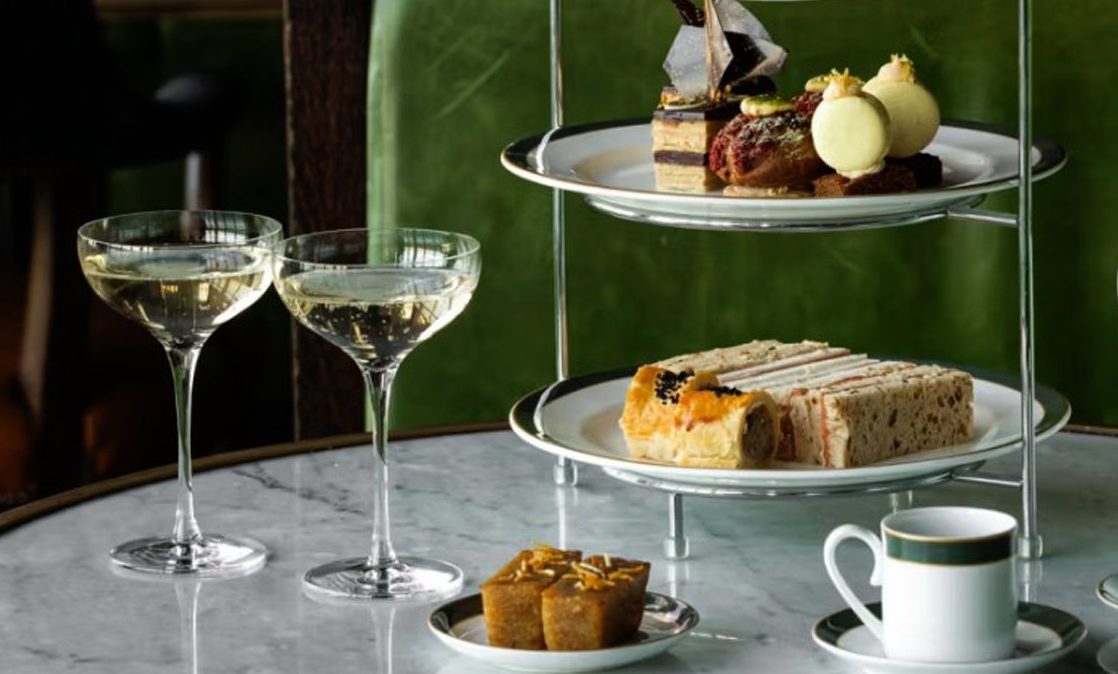Although the rest of humanity yearly becomes more appreciative of Scotch whisky, it seems the Scots themselves are becoming yearly more addicted to vodka.
In a reluctant way, I can understand why. Whisky takes time to get to know and even longer to fully appreciate. Vodka — roughly one third alcohol to two thirds water — is the ideal mixer with whatever one drank before one could legally drink. It spikes up orange and grapefruit juice, or cola and iron brew, Ribena or tomato juice, or tonic or lemonade, or whatever.
Hence it tends to be the spirit of choice of younger drinkers, and it is often only in middle age or their later years that they start to enjoy whisky. The cratur is, to quote the old cliché, an acquired taste— but one that can be richly rewarding in the long run.
I have to say I have only rarely met people who enjoy vodka neat—such as the couple from the former East Germany whom I once accompanied on a tour of Scotland. At every hotel we stayed at, the bar groaned under myriads of great single malts that I tried to tempt the pair to sample. But all in vain—they nightly slurped their shots of Smirnoff and my impassioned sales patter for the Macallan and Lagavulin fell on deaf ears. It was a truly trying week.
Arguably adding to the vodka surge are the new small and boutique distilleries springing up all over these islands thanks to more relaxed legislation. Some are genuinely whisky distilleries but, shrewdly, they are marketing vodka and gin to provide cashflow until their casked spirit is three years old and can be legally sold as Scotch whisky.
Many other distilleries intend only to make gin and vodka—hence the tidal wave of new vodka and gin brands jostling for space on supermarket and off-licence shelves. I often wonder if gin and vodka brands may soon outnumber UK-sold blended whiskies.
However, I’m certain Scotch has many golden years ahead of it, even if it is thanks to its fans in countless other countries…
